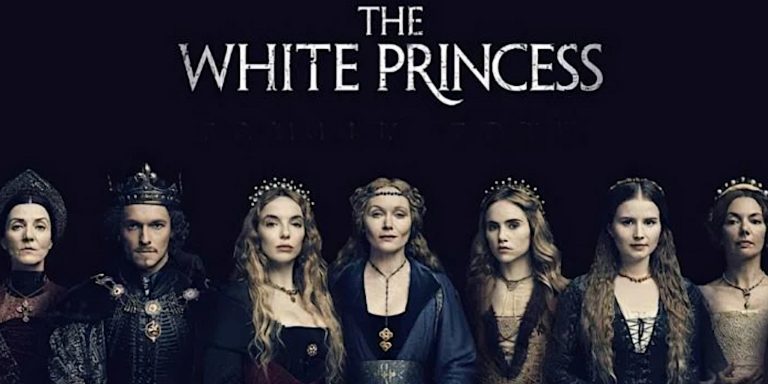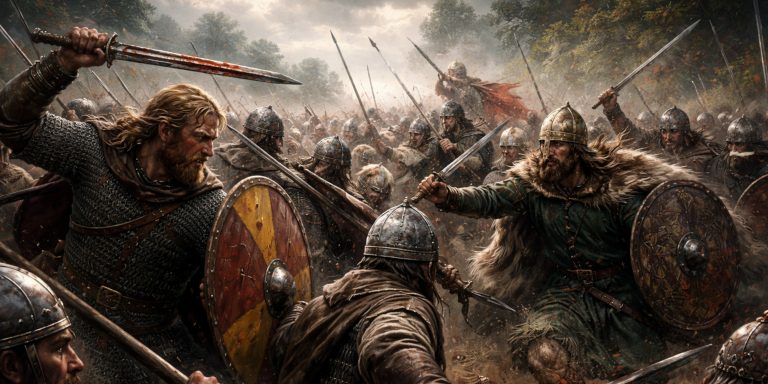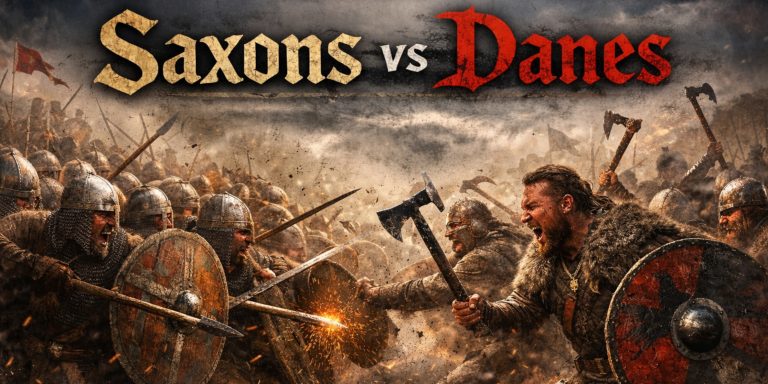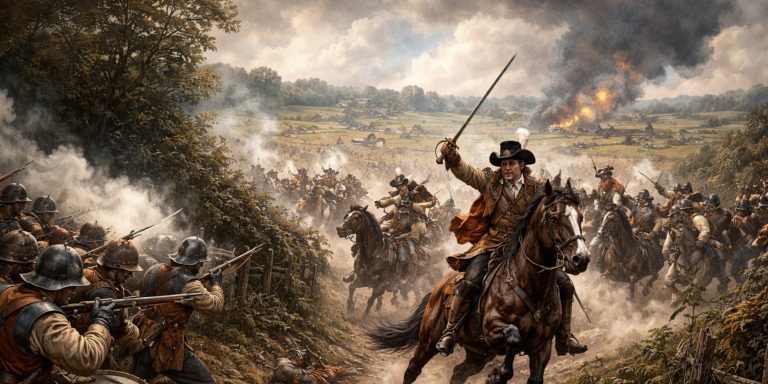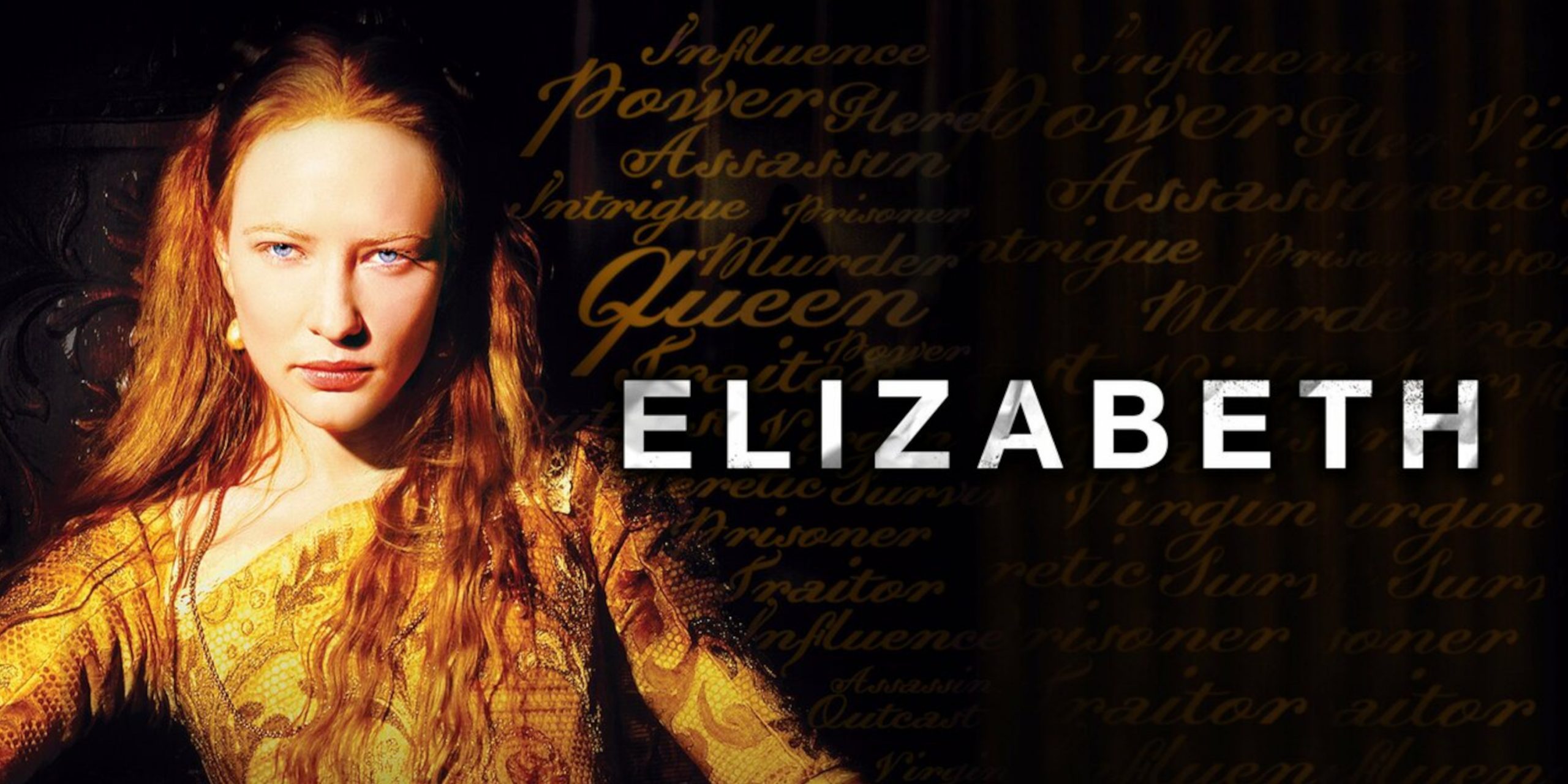
There are films that age like old hard drives, slow and clunky the moment you revisit them. Then there is Elizabeth from 1998, which still feels sharp, stylish and a little bit dangerous. Watching it today almost feels like sneaking back into a lesson you actually enjoyed. The film catches you off guard with how confidently it reshapes a familiar chapter of history. At the heart of it all is Cate Blanchett, who seems to have arrived on screen with the authority of someone who already knew she was about to become a major deal.
The Rise of a Queen and the Rise of an Actor
Blanchett’s performance works because she commits to the messiness of Elizabeth’s early years rather than giving us a polished monarch from the start. You see the nerves. You see the stubborn streak. You see the moments where she seems to realise she is being reshaped by events faster than she can process them. It feels honest in a way period dramas are sometimes scared to explore.
There is a sense of watching someone in real time who is learning how to survive a system designed to crush them. Blanchett handles the shift from uncertain teenager to a ruler who understands the cost of power with a confidence that still feels electric.
The Politics, The Poison and the Pressure
The film is not subtle about the dangers circling Elizabeth. It leans into the atmosphere of conspiracy, religious tension and betrayal. Some moments come across almost like a thriller hiding inside a Tudor bodice. This keeps the story moving with a pace that makes you forget you are technically watching a historical drama.
Yes, the accuracy is sometimes flexible. Historians have pointed out plenty of details that were trimmed, condensed or rearranged. But the film aims for emotional truth more than strict chronology. It wants you to feel the pressure of the moment rather than sit there ticking boxes.
The Look and Sound of a Kingdom in Flux
Shekhar Kapur did not settle for a safe style. The palette shifts from warm candlelight to cold stone as Elizabeth’s identity changes. It never feels overproduced. The film uses its design to mirror the queen’s isolation. The score builds that same sense of tightening control. It is the kind of creative approach that makes you think about how much colour and sound can shape a story even before the actors speak.
Why the Film Still Works Today
Rewatching it now, the film feels more confident than many modern historical dramas that drown everything in CGI or self importance. There is a human core here that keeps the narrative grounded. You get spectacle when it matters, but you spend most of your time following a young woman negotiating with power instead of watching huge set pieces.
It also stands as a reminder of Blanchett’s range before she became a household name. You can almost sense the industry shifting around her performance. It is the moment an actor goes from promising to essential.
The Seven Swords Takeaway
If you have not revisited Elizabeth in years, it is worth giving it another viewing. The film still carries a kind of restless energy. Blanchett brings a combination of vulnerability and sheer force of will that makes her version of the queen impossible to forget. The film is stylish, political and full of personality, and it pulls off something tricky. It makes an overfamiliar part of English history feel alive, like you are watching someone carve out their own myth in real time.
It is not just a historical film. It is a coming of power story, sharpened by ambition and played with a confidence that still hits hard.
Watch the Trailer:

